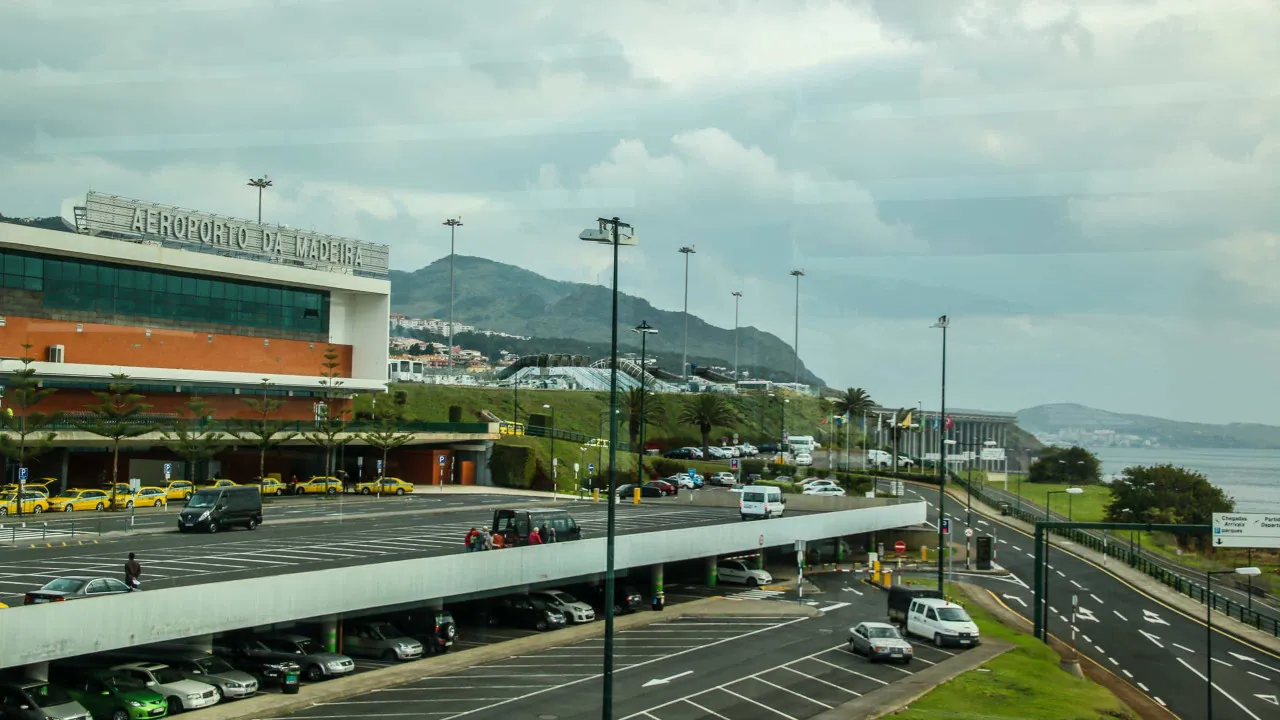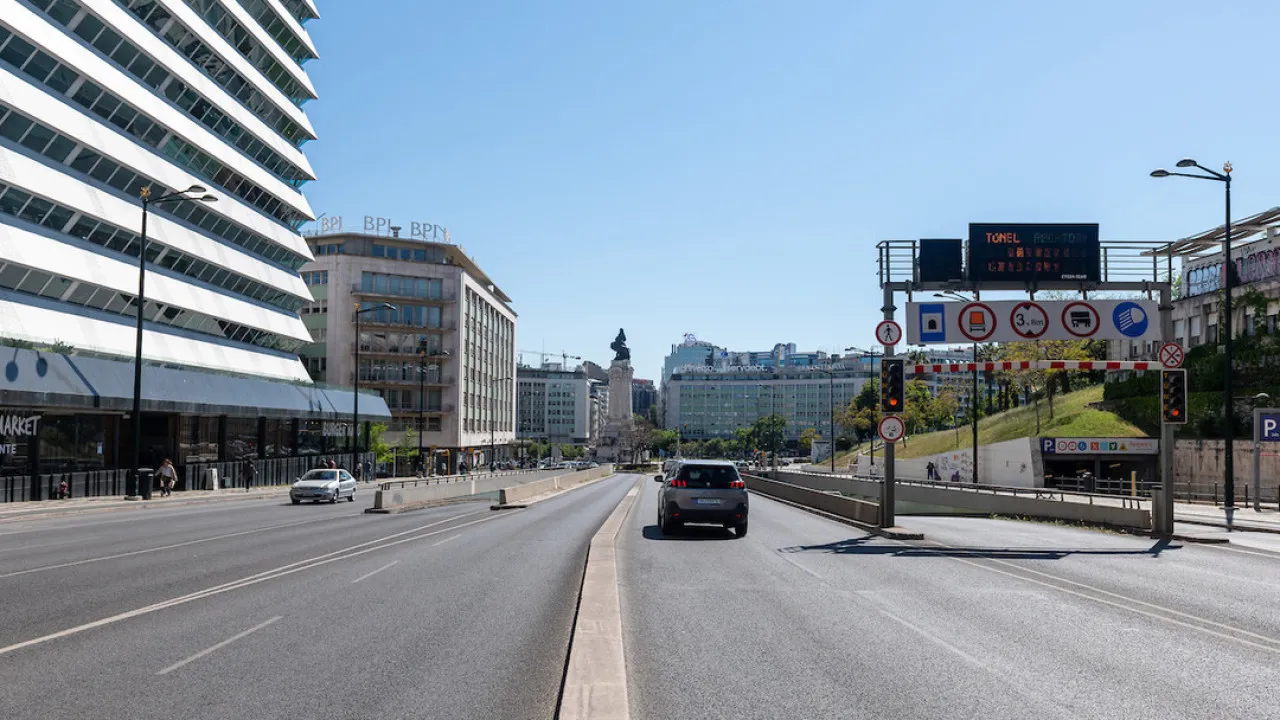The Government and the National Association of Portuguese Municipalities (ANMP) today signed an agreement for 100% financing by the State of the rehabilitation of more than 450 schools that passed to the chambers under the decentralization of competences.
The signing of this Sectoral Commitment Agreement for the Financing of the School Recovery/Rehabilitation Programme takes place one year after the Government and ANMP signed an agreement to encourage decentralization in the areas of education and health.
Following the agreement reached a year ago, today will see the signing of the Government’s commitment to finance the rehabilitation, until 2033, of a list of 451 schools in need of works, distributed in three levels: priority, urgent and very urgent.
The agreement between the Government and the municipalities, to which the Lusa agency had access, provides for 32 interventions considered very urgent, 104 urgent and 315 priority.
In addition to these, there are still about a dozen schools that have not been included in this number, but which will also be rehabilitated.
At today’s ceremony at the Palácio Foz in Lisbon, the Government is expected to be represented by the Prime Minister, António Costa, the Minister of Finance, Fernando Medina, the Minister of Education, João Costa, and the Minister of Territorial Cohesion, Ana Abrunhosa, while ANMP will be represented by its president, Luísa Salgueiro.
For these interventions, an investment of around EUR 2 billion is planned, of which EUR 450 million through the Recovery and Resilience Plan (PRR), EUR 100 million from Portugal 2030 and some funds still available from Portugal 2020.
The rest will come “through loans that the Government will find with the European Investment Bank,” Luísa Salgueiro told Lusa.
Along with social action, education and health have been the decentralized areas that cause the greatest distrust to mayors, as they involve large transfers of funds and staff.
The agreement reached a year ago between the government and ANMP followed a series of protests by municipalities against insufficient funds, including the Porto city council, which left the association of municipalities.








